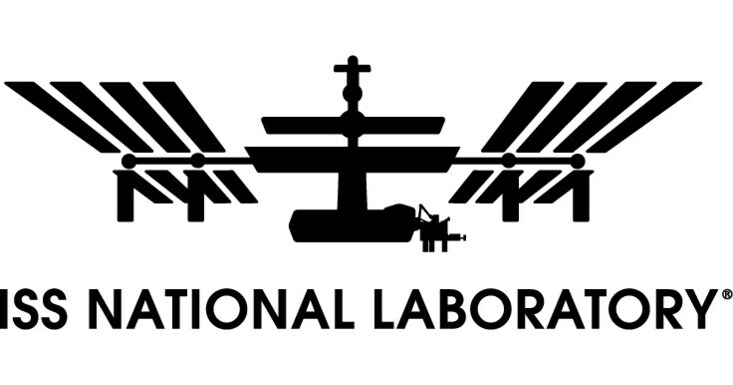
International Space Station National Laboratory
Kennedy Space Center, Fla., Sept. 5, 2025 — The International Space Station (ISS) is set to receive a new batch of scientific investigations with the launch of the Northrop Grumman CRS-23 mission, scheduled for no earlier than September 14, 2025. This mission, launched by SpaceX, will carry a diverse array of research projects, including several sponsored by the ISS National Laboratory. A media webinar hosted by the ISS National Lab and NASA on September 10 will offer insights into these groundbreaking projects.
The pre-launch webinar, scheduled for 1 p.m. EDT, aims to highlight the innovative research heading to the ISS. Among the projects are studies focused on advancing germicidal biotechnologies, enhancing in-space manufacturing capabilities for therapeutics, and developing new technology to tackle space debris. Media representatives interested in participating must register for the webinar via Zoom at least one hour in advance.
Key Research Projects on CRS-23
During the webinar, Phillip Irace, science program director for the ISS National Lab, and Liz Warren, associate chief scientist for NASA’s ISS Program, will provide general insights into the mission. They will be joined by several researchers who will discuss their specific projects:
- Paul Westerhoff, Arizona State University: This project, funded by the U.S. National Science Foundation and in collaboration with BioServe Space Technologies, will investigate how germicidal ultraviolet light affects biofilm formation in space-based water systems. The findings could enhance life support systems and reduce biofilm-related challenges both in space and on Earth.
- Robert Garmise, Bristol Myers Squibb: Building on previous investigations, this project will utilize Redwire Space’s PIL-BOX facility to crystallize small organic molecules in space, potentially improving the production of medications on Earth.
- Joel Sercel, TransAstra Corporation and Mike Lewis, Voyager Technologies: This initiative will test a new system for capturing and controlling space debris using Voyager’s Bishop Airlock. The technology could clear orbital paths and offer a cost-effective solution for satellite disposal.
- Mohammad Kassemi, Case Western Reserve University: Sponsored by NASA, this project will study non-condensing gases to improve fuel storage in space, a critical requirement for future deep space missions.
The Significance of CRS-23
The Northrop Grumman CRS-23 mission represents a significant step forward in space research and technology development. By carrying these diverse investigations to the ISS, the mission underscores the station’s role as a unique laboratory for research not possible on Earth. The ISS National Laboratory, managed by the Center for the Advancement of Science in Space (CASIS), provides a platform for researchers to explore new frontiers in science and technology.
“The ISS is a one-of-a-kind laboratory that enables research and technology development not possible on Earth. It allows researchers to leverage this multiuser facility to improve quality of life on Earth and advance science literacy,” stated a representative from the ISS National Lab.
Looking Ahead: The Future of Space Research
This mission comes at a time when space research is increasingly seen as vital for addressing global challenges. The projects aboard CRS-23 have the potential to yield significant benefits, from improving medical treatments to enhancing environmental sustainability. As the ISS continues to facilitate groundbreaking research, the implications for both space exploration and Earth-based applications are profound.
For those interested in learning more about the ISS National Lab-sponsored science and its benefits to life on Earth, additional information will be available on the launch page in the coming days. The public is encouraged to engage with the research teams by submitting questions via social media platforms.
As the countdown to the launch begins, the scientific community and the public alike are eager to see how these innovative projects will unfold and contribute to our understanding of space and its potential to benefit humanity.





